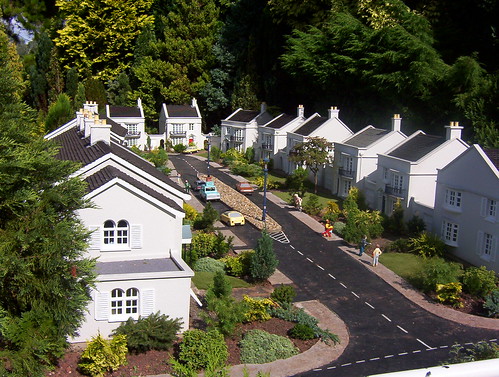When people think of fossils, they think of dinosaurs, which were huge over-specialized animals that failed to adapt to changed natural circumstances, proving less efficient than the simple limpet that has lived virtually unchanged since the Cambrian, 500 million years ago, happily clinging to its rocks. Fossil fuels have almost dinosaur attributes, having been formed but rarely in the geological past, which means they are subject to depletion. The production in any country, endowed with the resource, starts and ends, passing a peak in between when about half the resources has been taken. Oil is perhaps an extreme example, given that it has played such a critical part in fueling the modern economy.This is up there with some of the most earthshaking perdigm shifts that have happened throughout human history. Imaging the impact of the "Theory" that the earth was round and it was us that circled the Sun and not the other way around. At this point in history we face the prospect that all of easy to get to and relatively inexpensive oil has been extracted. This fact, if proven to ultimately have been true, will have an effect on almost everything we have become dependent on to maintain our current societal arrangment. These are the challenges which come along once in a while, where civilizations either rise to the occasion or whither on the time line of human history.
I am betting on a rise.

